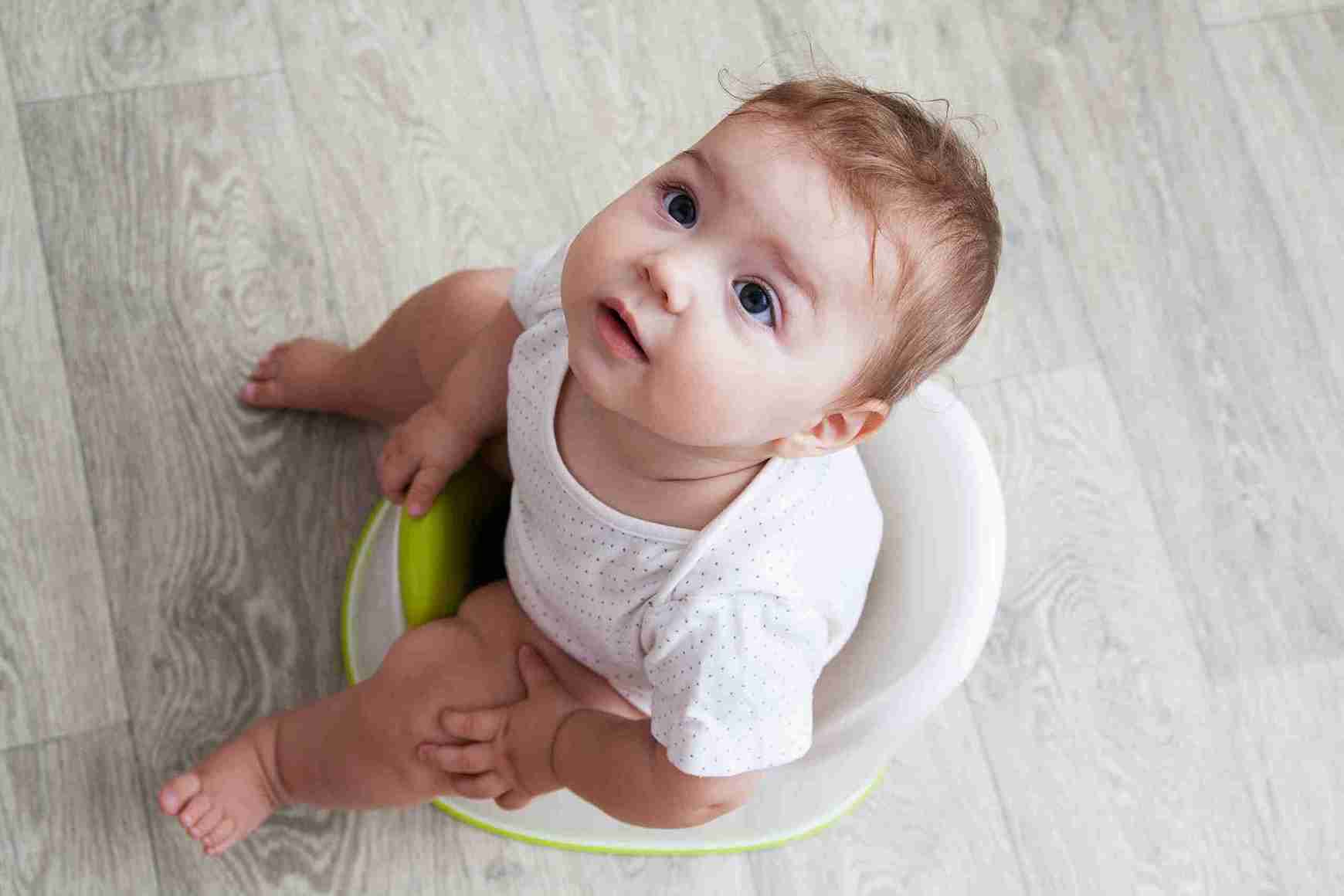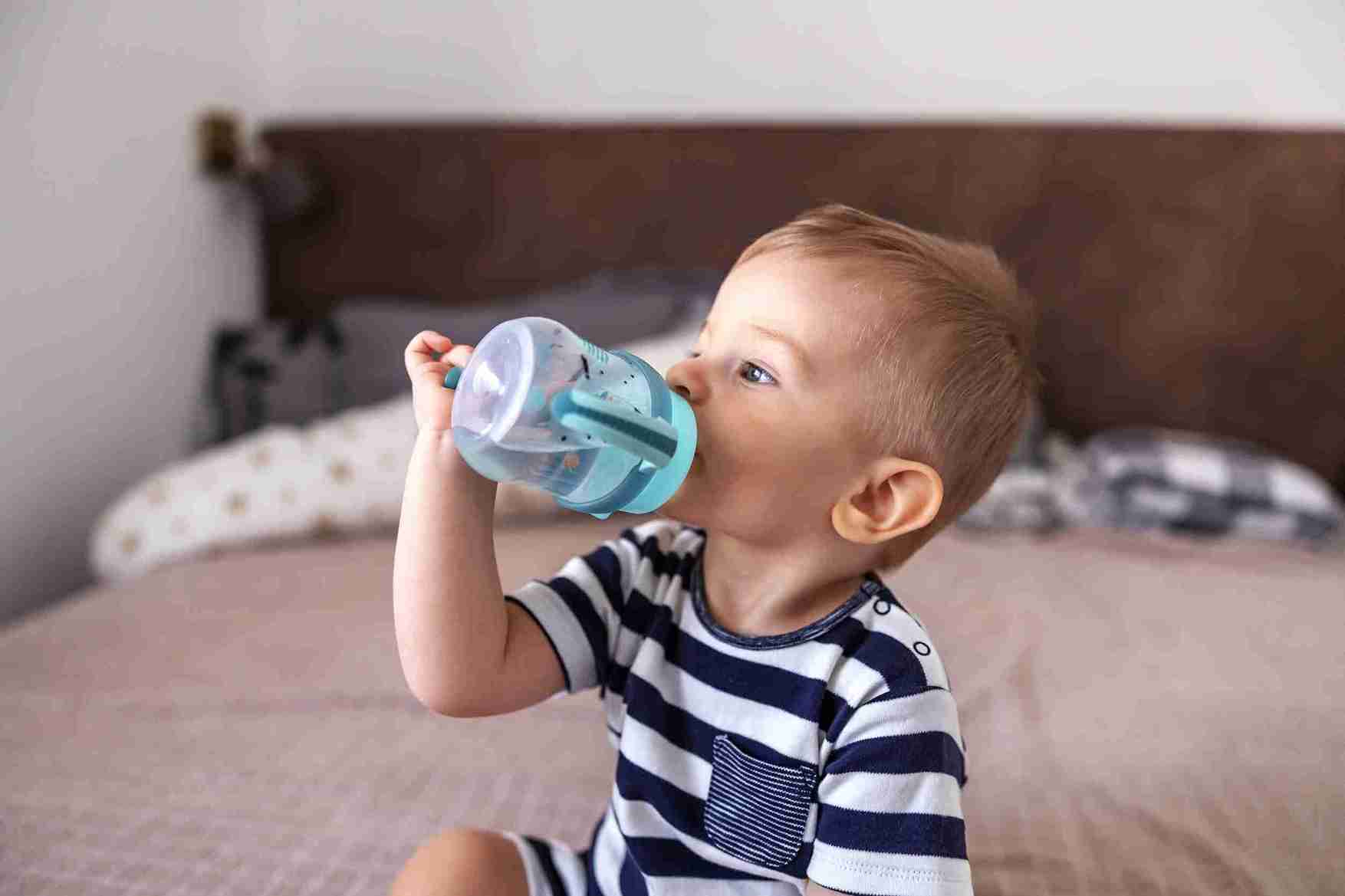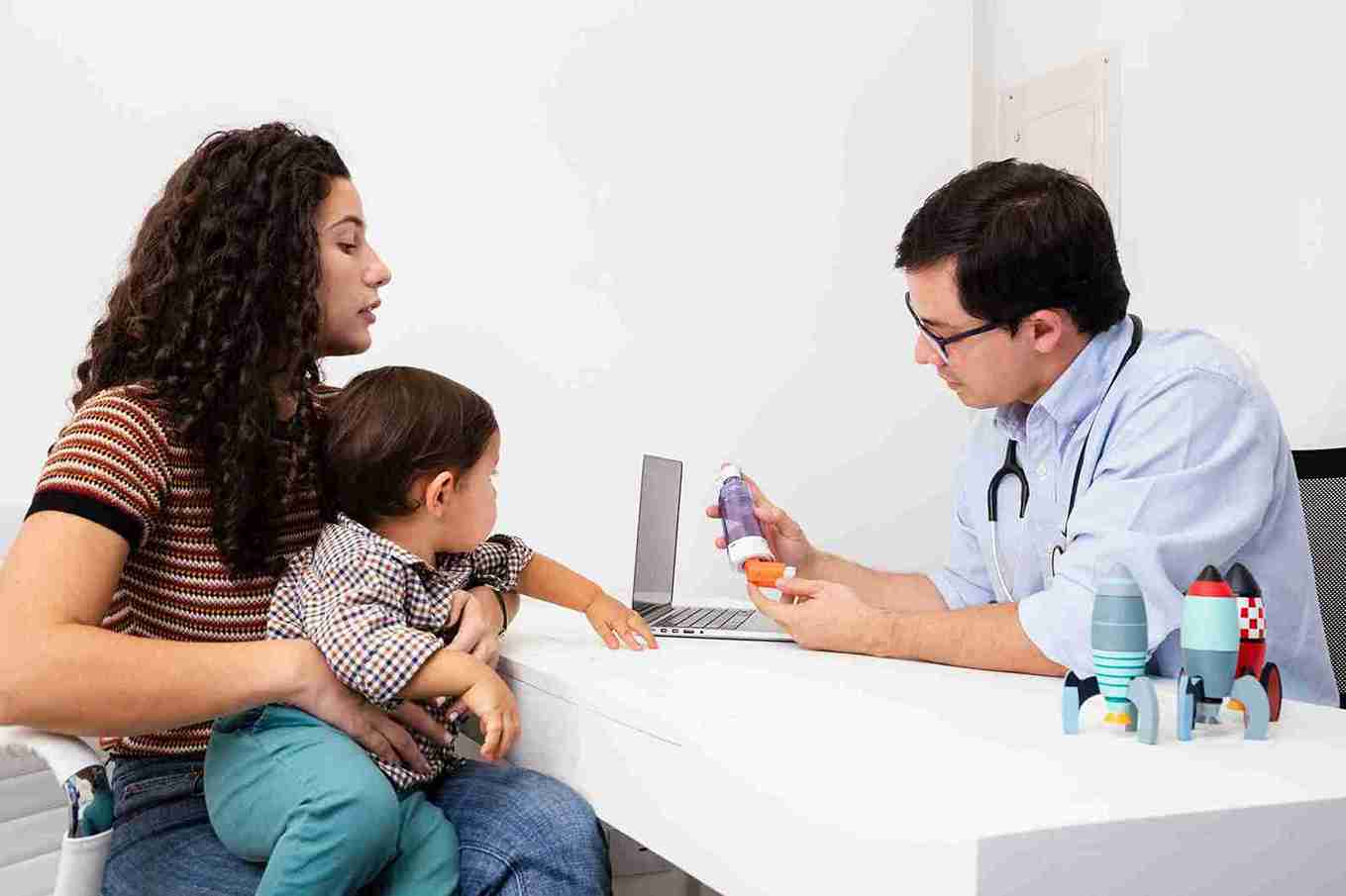
Teething is an important developmental milestone during your baby's first year. With little teeth starting to emerge through tender gums, many babies are uncomfortable, irritable, drool more, and have a strong desire to chew. In addition to these classic symptoms, some parents observe changes in their baby's bowel movements, including watery stools or diarrhoea. This leads to a frequent and usually perplexing query: Does teething lead to diarrhoea?
In this article, we will discuss the relationship between teething and changes in digestion, address the question of "teething diarrhoea, how long does it last?", and offer useful home remedies for loose motion during teething.

Researchers and paediatricians have for a long time argued about whether diarrhoea is caused directly by teething. From the opinion of the majority of medical professionals, there is no solid scientific evidence that can prove that teething causes diarrhoea. Teething may contribute to behaviour and conditions that could indirectly cause mild loose stools.
One of the reasons is excessive drooling during teething. More saliva is swallowed by babies, and this can affect their digestion, leading to loose stools. Also, at this time, babies tend to put things into their mouths to soothe their gums. This exposes babies to bacteria, and occasionally this can lead to mild gastrointestinal distress.
While a few loose stools can be attributed to teething, severe or ongoing diarrhoea has another cause, for example, viral infection, intolerance to food, or illness.
If your baby has mild teething diarrhoea, it usually passes in a few days, usually around the time when a tooth is erupting through the gum. Loose motions, in the majority of instances, will settle in 3–5 days without treatment.
Still wondering, teething diarrhoea, how long does it last if symptoms persist? If your baby has more than 6–8 watery stools per day, or if diarrhoea lasts more than a week, it’s essential to consult a paediatrician. Prolonged diarrhoea may lead to dehydration and may not be related to teething at all.
Always keep an eye on your baby's general behaviour. If they continue to be playful, eat well, and display no signs of dehydration, mild diarrhoea can simply be a temporary phase of their teething process.
Although there is no "official" appearance for teething diarrhoea, parents usually see some patterns. Stools can appear:
● A little looser than usual
● Greenish, yellow, or slightly mucousy
● More frequent than normal
But if the stool is extremely watery, bloody, or has an unpleasant odour, these are not usual teething symptoms and could be a sign of infection or something else. Explosive diarrhoea, fever, and vomiting are not caused by teething. These need medical care immediately.

If your baby experiences loose stools that are mild during teething, a few easy care tips and home remedies for loose motion during teething may make them feel better:
Dehydration is the most significant risk associated with diarrhoea. Provide frequent breast milk or formula. For older babies, give small amounts of water or oral rehydration solution (ORS) to restore fluid loss.
If your infant has begun solids, keep to easily digestible foods such as:
● Mashed banana
● Rice cereal
● Boiled potatoes
● Applesauce
Don't introduce new foods at this time.
Wash teething toys and the baby's hands frequently so that they don't get contaminated with bacteria. Change diapers quickly and wash your hands before feeding or touching the baby's food.
Cold, clean teething rings or silicone spoons can be used to soothe inflamed gums and curb the desire to chew on dirty surfaces.
Additional cuddling, rocking, and sleeping help babies deal with discomfort, both teething and digestive discomfort.

While mild teething diarrhoea is usually harmless, you should call your paediatrician if:
● Your baby is dehydrated: dry mouth, sunken eyes, decreased urine output, or no tears when they cry
● Diarrhoea persists for over 5–7 days
● Blood or mucus in stool
● Your baby is extremely febrile, vomits continuously, or is excessively sleepy
● Diarrhoea with a rash, suggesting infection
At Cloudnine Hospitals, your child's welfare is always the first concern. With a team of committed paediatricians, neonatologists, and child wellness specialists, Cloudnine offers customised, gentle, and medically superior treatment for all stages of childhood, right from the teething phase, which is so often stressful.
Whether you're unsure about teething diarrhoea, Cloudnine’s team offers clear answers, round-the-clock support, and timely interventions. Their child-friendly environment and empathetic guidance help both parents and babies feel safe and supported.

Although teething can be a difficult period for parents and babies alike, knowing what to anticipate can make it easier to manage. Some babies experience mild alterations in bowel habits, including teething diarrhoea, but these are generally fleeting and controllable with domestic care.
Keep an eye on your baby’s hydration, comfort, and mood. If you notice unusual teething diarrhoea colour, or symptoms that last longer than a few days, don’t hesitate to reach out for professional help.
If you’re worried about loose motions or any aspect of your baby’s teething journey, book an appointment with a paediatrician at Cloudnine Hospital today. Trusted care is just a call away.

Teething diarrhoea tends to last 3–5 days. If it persists for more than a week, see your paediatrician.

Mild teething diarrhoea should clear up in a few days, around the time a tooth erupts.

Keep your infant hydrated, provide a bland diet, and consult a paediatrician if the symptoms worsen. Never administer anti-diarrheal medication without advice from a doctor.

Drooling, swollen gums, irritability, disrupted sleep, and intense need to chew are common signs. Loose stools may also be present.